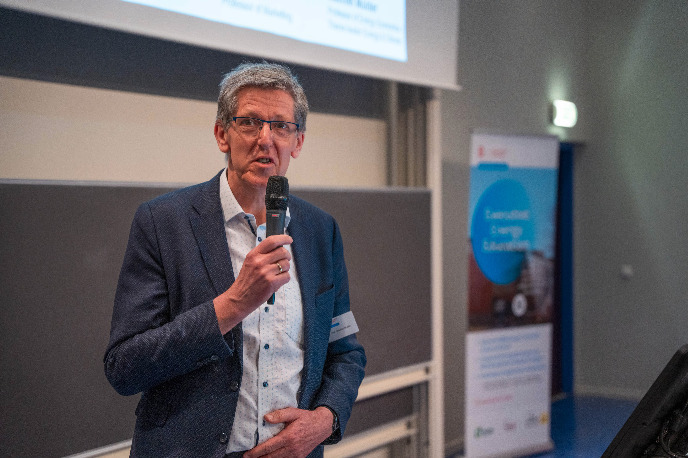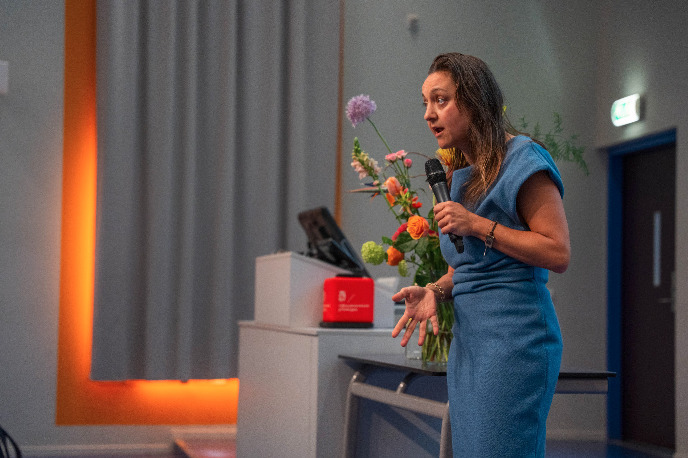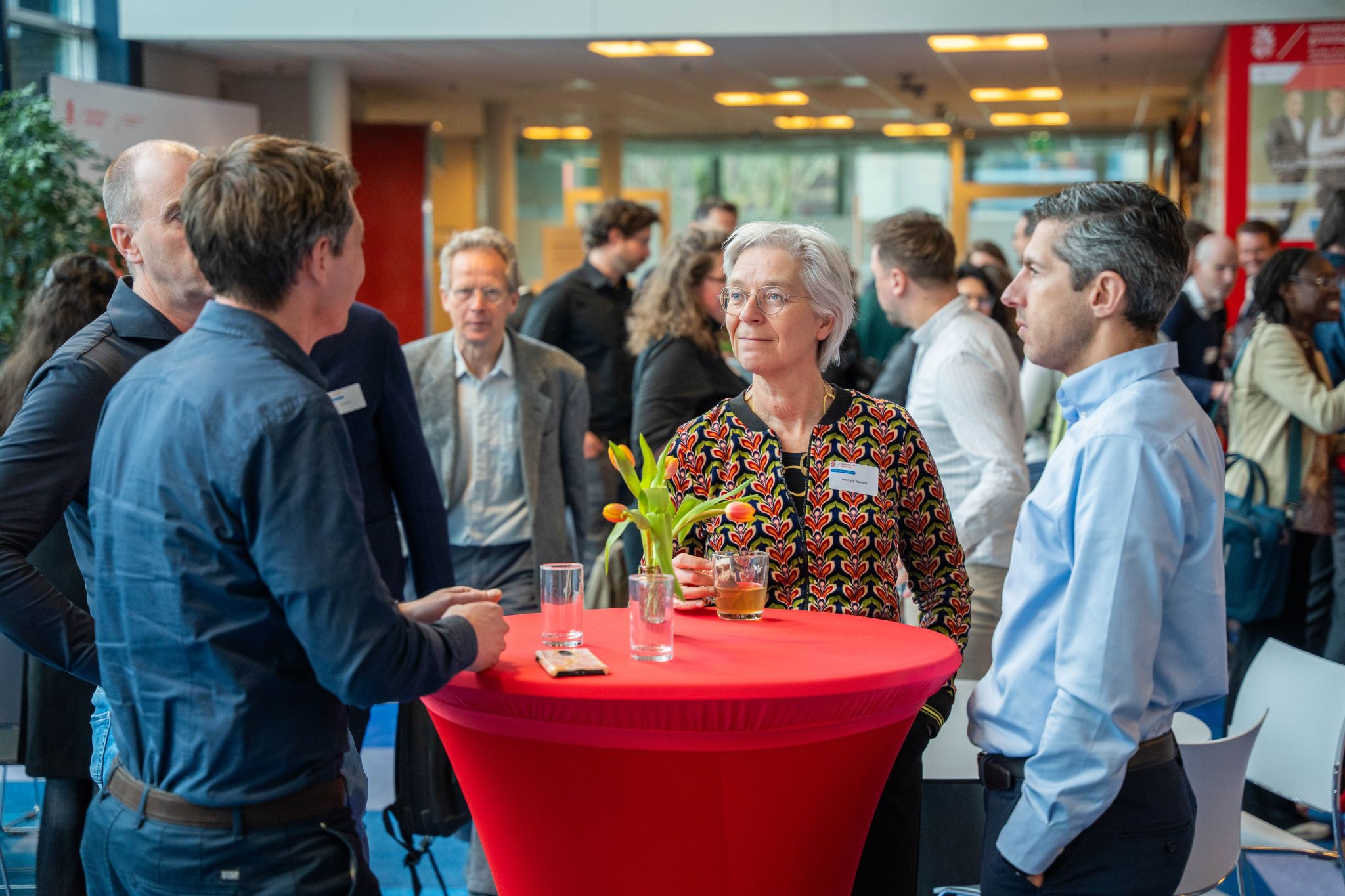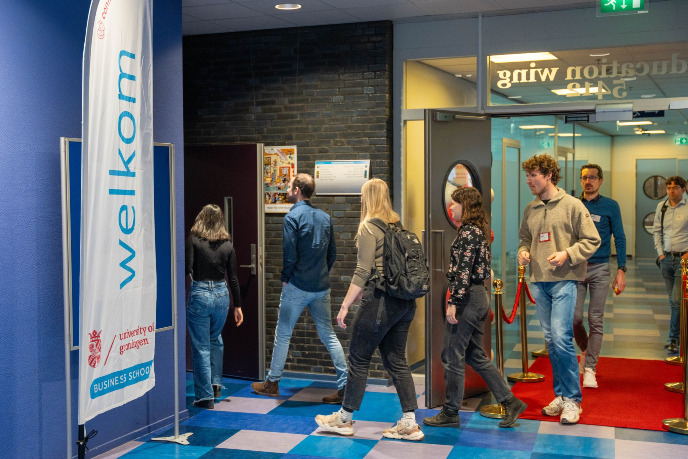CEnBER and UGBS look back on a succesful edition of the Energy and Climate Economics and Business Days
| Datum: | 31 maart 2025 |

The Centre of Energy Business and Economics Research (CEnBER) of UG's Faculty of Economics and Business and the University of Groningen Business School (UGBS) look back on a succesful first edition of the Energy and Climate Economics and Business Days. The event, which took place on 25 and 26 March 2025, brought together more than 80 researchers and professionals to share insights and foster discussion on a broad range of issues relating to global warming, climate policy, climate finance, long-term energy scenarios, electricity markets and household behavior.
The event was organized by a team from CEnBER (Machiel Mulder, Roweno Heijmans, Evrim Ursavas, and Arpan Rijal) and UGBS (Selma Bakker and Angela Sap) and took place at the Zernike Campus in Groningen.
The workshop featured two keynote sessions:
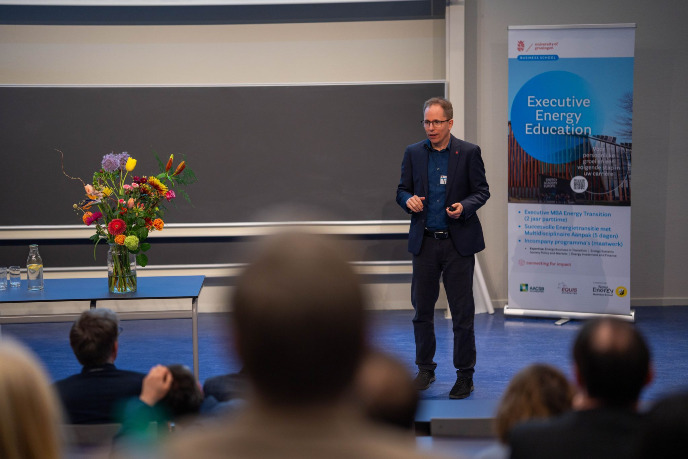
Grischa Perino (Hamburg): Professor Perino made clear how the current excessively complex design of the EU Emissions Trading System (EU ETS) hinders both effective climate policy and constructive debate and reform. A new design of the flexibility mechanisms within the EU ETS would be a major step forward. Interventions should be based transparently on the allowance price, rather than on the number of allowances banked for future use. In his discussion, Johannes Bollen (senior economist at TNO Vecto) stated that unilateral policy measures may result, despite the presence of the Market Stability Reserve, into carbon leakage within EU, while having negative economic effects.
Asgeir Tomasgard (NTNU): Thomasgard is professor of operations research and director of NTNU Energy Transition Initiative. He discussed how the electricity sector can contribute to the decarbonization of the industry, transport and building sector. Using large system-optimizing models of the European energy systems, he explored a number of long-term scenarios for the decarbonization, paying attention to both direct electrification and the role of hydrogen. In their discussion, Harry Eshuis from Gasunie and Jeroen Kamphuis from Groningen Airport Eelde, made clear that using such long-term optimizing models is also useful for companies to direct their investment decisions.
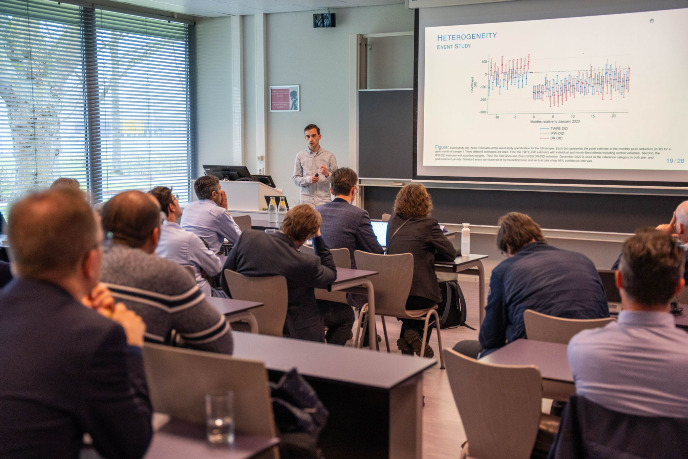
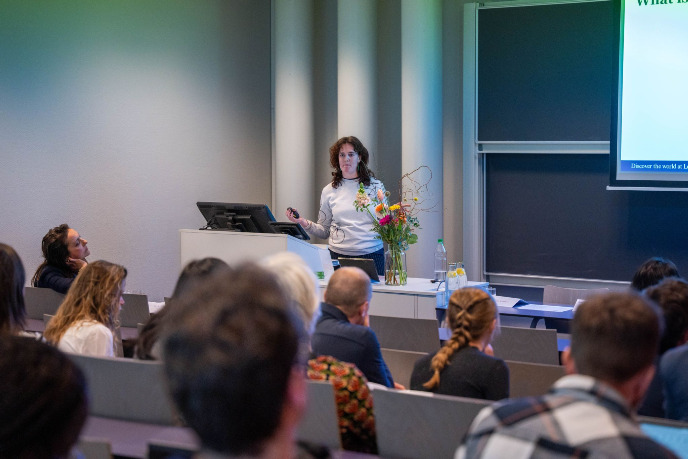
In between these two plenary sessions, there were three series of concurrent sessions with in total 28 paper presentations, on topics varying from design of climate policy and electricity market to distributional effects and consumer behavior, next to one panel-discussion session directed at the question how to support households to deal with the (financial consequences of the) energy transition.
Overview program and photo impression
You can find the complete overview of all the plenary and concurrent sessions and a few more photo's of the event below.


